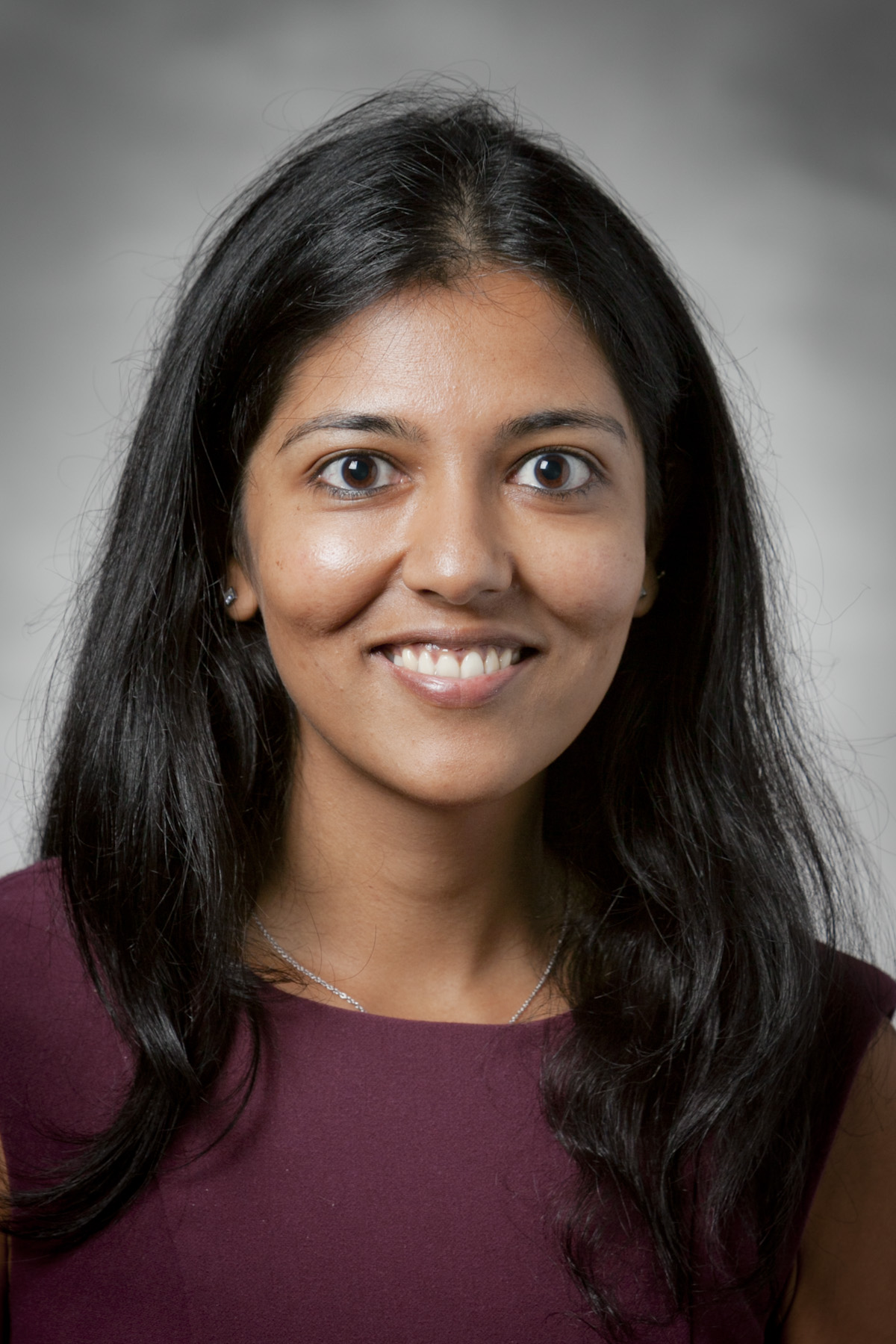Department Study Abroad and Field School Opportunities
ANAR 117. Archaeological Field and Lab Class, Southern California (8)
Summer Session 1: June 30 - August 1 (5 weeks)
This course focuses on non-intrusive archaeological survey techniques and traditional and scientific bases of knowledge and identity among and about Native Americans of Southern California. Archarological training will cover excavation, survey, mapping and monitoring methods, environmental and patrimony law and California CRM practice, identification of ceramic, lithic and other artifacts, and introduce topics of Kumeyaay and Luiseño sovereignty, prehistory, indigenous knowledge and traditions. After organizational meetings on campus, students will work on an archaeological survey, non-intrusive data collection and mapping Tuesdays, Wednesdays and Thursdays at sites in San Diego County. A typical full field day will include hands-on fieldwork, with occasional workshops, guest lectures, or group activities at the site. Open to all students on instructor approval.
Enrollment: Submit an EASy request for instructor approval.
Course Fees: Students pay regular UCSD Summer Session tuition and fees for the 8 units registered. There is an additional required travel fee (~$180).
Contact: Professor Paul Goldstein at psgoldstein@ucsd.edu.
Meet the Professor:
| Paul Goldstein's teaching and research focus on anthropological archaeology, complex societies, Latin America, and Andean South America. | 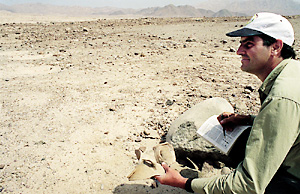 |
Health, Healing, and Sustainable Community Development in Bali: A UCSD Summer Session Global Seminar with Professor Leslie Lewis
Program Highlights:
Participants will be part of a mutually-supportive learning community, and will gain insight into social and ecological sustainability, environmental and climate justice, health, healing, life, diverse ways of knowing, and how to move through the world with curiosity, humility, integrity and compassion.
Contact Information: lrlewis@ucsd.edu
Meet the Professor: Leslie Lewis
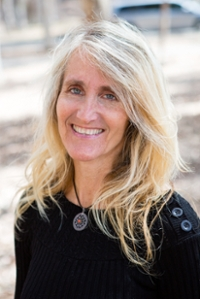 Leslie R Lewis, Ph.D, MPH, is a Continuing Lecturer in Urban Studies and Planning at UC San Diego, and the Director of Urban Health and Equity Initiatives for the Bioregional Center for Sustainability Science, Planning and Design. With a background in Anthropology and Public Health, her areas of teaching and research interest include the social and environmental determinants of health, health inequities, environmental and climate justice, activisms, sustainability and community resilience, healthy placemaking, healthy aging, homelessness, critical pedagogy, and community-based participatory action research.
Leslie R Lewis, Ph.D, MPH, is a Continuing Lecturer in Urban Studies and Planning at UC San Diego, and the Director of Urban Health and Equity Initiatives for the Bioregional Center for Sustainability Science, Planning and Design. With a background in Anthropology and Public Health, her areas of teaching and research interest include the social and environmental determinants of health, health inequities, environmental and climate justice, activisms, sustainability and community resilience, healthy placemaking, healthy aging, homelessness, critical pedagogy, and community-based participatory action research.
The Ancient Mediterranean: Sicily, Sardinia & Campania—Winter Study Abroad Anthropology Course with Professor Geoffrey E. Braswell
Program Highlights:
- Visit and study 37 ancient sites and 8 museums in Italy
- Learn about Neolithic, Bronze Age, Carthaginian, Greek, Roman & Medieval civilizations in Sicily, Sardinia & Rome
- Climb Europe’s most-active volcano, relax on the Mediterranean’s finest beaches, hike national parks, and see the Eternal City of Rome
Contact Information: gbraswel@ucsd.edu
Meet the Professor: Geoffrey Braswell
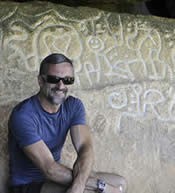 Geoffrey Braswell received his doctorate from Tulane University in 1996 and is Professor of Anthropology. His research interests include settlement pattern studies, geoarchaeology, lithic production and technology, archaeometry, mathematical methods, the emergence of complex society and economic systems, and alternative models of social and political systems.
Geoffrey Braswell received his doctorate from Tulane University in 1996 and is Professor of Anthropology. His research interests include settlement pattern studies, geoarchaeology, lithic production and technology, archaeometry, mathematical methods, the emergence of complex society and economic systems, and alternative models of social and political systems.
Ancient Mesoamerica: Highland Mexico--Spring Break Study Abroad Anthropology Course with Professor Geoffrey E. Braswell
Program Highlights:
- Visit Teotihuacan, Aztec Templo Mayor, Monte Alban and 12 other ancient sites
- Learn about ancient Mexico at 6 different archaeological museums, including the Museo Nacional
- Stay in the beautiful colonial cities of Oaxaca, Puebla, & Mexico D.F.
Application Deadline: Rolling deadline until filled, but starts now
Contact Information: gbraswell@ucsd.edu
Meet the Professor: Geoffrey Braswell
 Geoffrey Braswell received his doctorate from Tulane University in 1996 and is Professor of Anthropology. His research interests include settlement pattern studies, geoarchaeology, lithic production and technology, archaeometry, mathematical methods, the emergence of complex society and economic systems, and alternative models of social and political systems.
Geoffrey Braswell received his doctorate from Tulane University in 1996 and is Professor of Anthropology. His research interests include settlement pattern studies, geoarchaeology, lithic production and technology, archaeometry, mathematical methods, the emergence of complex society and economic systems, and alternative models of social and political systems.
*If you are enrolled full-time in Spring Quarter, there is no additional tuition to enroll or campus fees. Scholarships are available through the Study Abroad Office and the TRELS program.
Sex and Health in Southeast Asia - Global Seminar
Sex and Health in Southeast Asia - Global Seminar with Professor Dredge Kang
Summer Session II 2018
Sex and Love in Thailand
ANSC 105GS. Global Health and Inequality: Sexual and Reproductive Health in Southeast Asia
ANSC 125GS. Gender, Sexuality, and Society:
Program Highlights:
- Study Thailand's gender and sexual diversity as it directly relates to public health issues around reproductive and sexual health
- Excursions include visits to HIV NGOs, Tuptim Shrine, and AIDS Temple
- Meets requirements for Anthropology, Global Health, and Critical Gender Studies majors.
Early Bird Deadline: February 1, 2018 Application Deadline: March 1, 2018 How to Apply?
For more information, visit UC San Diego Global Seminars.
Meet the Professor: Dredge Kang
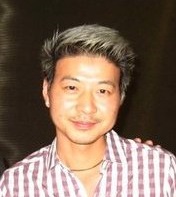 |
Dredge Byung'chu Kang is a member of the Anthropology Department and his research focuses on beauty and love as they intersect with race, class, gender, sexuality, globalization, and structural violence in body modification and interracial relationships. Dr. Kang teaches courses on love, beauty, race, gender variance, sex work, sexual health, global health, inter-Asian / transnational Southeast Asian studies, and the Korean wave. |
The Ancient Mediterranean World - Field School
Summer 2017
Program Description
Are you interested in ancient ruins? Want to study abroad but to work or be on campus during the school year? Want to quickly earn units for a UC San Diego anthropological archaeology major? Then this course may be for you!
Over a period of 16 days, we will visit more than 30 ancient Mediterranean sites in the nations of Malta and Italy. We will see ancients where some of the earliest inhabitants of Europe lived during the Ice Age, explore the first stone temples in the world going back to 4,000 B.C., tour incredible Phoenician and Carthaginian sites, visit the best-preserved ancient Greek cities anywhere, and study the roman villas of Pompeii and Herculaneum, preserved for 1,900 years beneath volcanic ash. Most importantly, we will learn about the contributions of these civilizations to the creation of the Mediterranean world.
We also will wander enchanting medieval cities built by Normans, Arabs, and Italians, eat delicious food, climb the active Etna volcano, and enjoy the beautiful coasts of Malta, Sicily, and Campania, Italy.
For details, please click on the links for Application (with detailed itinerary) and Handbook.
Courses
ANAR 135S. Ancient Mediterranean Civilization: Study Abroad Program that examines the origins and history of ancient Mediterranean civilization from the late Neolithic period through the Classical era. During the course, students will visit some of the most important archaeological sites in the world, from the ancient megalithic temples of Malta, to Phoenician colonies of the early iron age, to the Carthaginian and Greek cities of Sicily, and ending with Roman Pompeii and Herculaneum, destroyed by the eruption of Vesuvius in A.D. 79.
ANTH 198. Directed Group Studies (Optional): Directed group study on a topic or in a field not included in the regular departmental curriculum by special arrangement with a faculty member. Student may take this course twice for credit. Please note: Majors and minors may only apply four units of approved P/NP credit toward the major.
Itinerary
Malta: August 24-28, 2017
Hal Salflieni Hypogeum, Tarxien Temples, Ggantija Temples, Skorba, Ta’ Hagrat, Mnajdra, Hagar Qim, Xaghra Circle, Ghar Dalam Cave, Domus Romana, St. Paul’s Catacombs, Mdina Cathedral, National Museum, Gozo Museum, St. John’s, Grand Master’s Palace, St. Elmo Fort, and Inquisitor’s Palace, plus special outings to Gozo Island, the Azure Window, and the Blue Grotto and ferry trip to Sicily.
Sicily: August 29-September 3, 2017
Valley of the Temples, Taorina, Selinunte, Castello Eurialo, Megara Hyblaea, Casale Imperial Villa, Eraclea Minoa, Segesta, Mozia, Syracuse Archaeology Museum & Park, Duomo, Cusa Cave, Monreale, La Martorana, Capuchin Catacombs, and tours of Siracusa, Erice, Agrigento, Catania, and Palermo, as well Mt. Etna climb, boat tour, day on the beach, and over-night ferry to Naples.
Campania, Italy: September 4-8, 2017
Pompeii, Herculaneum, Paestum, Boscoreale, Oplontis, Stabia, Velia, and National Museum, with tour of Amalfi coast and Naples
Meet the Professor:
Professor Geoffrey Braswell

Geoffrey Braswell received his doctorate from Tulane University in 1996 and is Professor of Anthropology. His research interests include settlement pattern studies, geoarchaeology, lithic production and technology, archaeometry, mathematical methods, the emergence of complex society and economic systems, and alternative models of social and political systems. His geographical specialization is among the Maya and Mesoamerica more broadly.
Global Seminar - Medical Anthropology and Global Health in South Asia (Varma)
Medical Anthropology and Global Health in South Asia - Global Seminar
Summer 2017
For more information, visit UC San Diego Global Seminars.
Course Description
ANSC 190GS. Medicine and Healing in South Asia: This course introduces students to the field of medical anthropology as it pertains to South Asia. This course will be divided into two parts. First, we will analyze how religious, cultural, political and economic structures impact health and wellbeing. Second, we will look at ethnomedicine, that is, how local systems of healing provide alternative ideas of illness and health, such as medical pluralism and Ayurveda.
ANSC 191GS. Everyday Life in South Asia: While this course offers an in-depth engagement with a specific region of the world, South Asia has also been a key site from which scholars have thought through major themes, including social organization, everyday life, religion, nationalism, violence/conflict, and globalization. As such, this course also offers an engagement with anthropological theory, which will allow you to question and deconstruct dominant clichés about South Asia.
Meet the Professor: Professor Saiba Varma
Professor Saiba Varma is a medical and cultural anthropologist working on questions of violence, medicine, psychiatry, and politics as they pertain to Indian-controlled Kashmir and South Asia more generally. She spent twenty months doing ethnographic research in Kashmir. In her research, she explores how spaces of psychiatric and humanitarian care confront, but also become microcosms of, the broader politics that characterize life in Kashmir.
Global Seminar - Development, Human Rights, and Environmental Justice in India (Postero)
Development, Human Rights, and Environmental Justic in India - Global Seminar
Summer 2017
For more information, visit UC San Diego Global Seminars.
Course Description
ANSC 192GS. Rethinking Development: This course examines the colonial roots of poverty and inequality and the production of development as a social, political, and economic field. Focusing on India, we will look at current and past development strategies like rural development, womens empowerment, and microfinance, to consider the possibilities and limitations of development as a means of eradicating poverty and creating social change. Finally, we ask how Western liberal notions of growth and industrialization might be complemented by Buddhist notions of compassion, community, and interdependence.
ANSC 193GS. Human Rights Environmental Justice: In a moment when our planet faces destruction due to climate change, this class offers a space to rethink human beings relation to the environment. Can we say that there is a human right to enjoy life on this planet? How do social hierarchies, like race, class, and gender, structure such rights? What is environmental justice? What are the spiritual, moral, and legal foundations for environmental justice? How are struggles for land, environmental safety, and climate change made more visible or legitimate by framing them as human rights? We will think about these questions by focusing in part on case studies from India.
Meet the Professor: Professor Nancy Postero
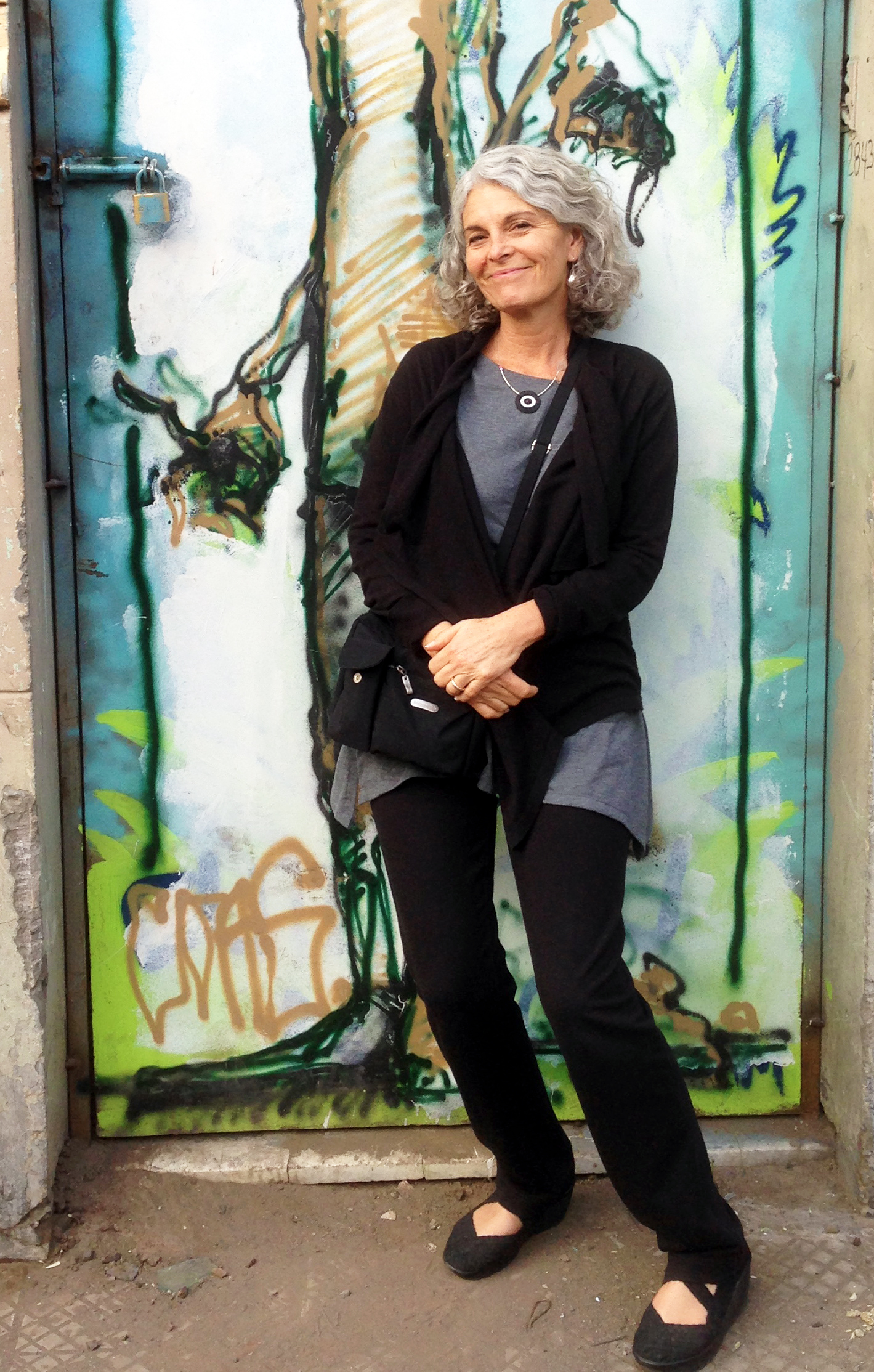 Nancy Postero is a member of the Anthropology Department and Director of the Human Rights Program at UC San Diego. Her research examines the relation between race, politics, and political economy. Prior to coming to UC San Diego in 2001, she was a criminal defense and human rights attorney and a journalist.
Nancy Postero is a member of the Anthropology Department and Director of the Human Rights Program at UC San Diego. Her research examines the relation between race, politics, and political economy. Prior to coming to UC San Diego in 2001, she was a criminal defense and human rights attorney and a journalist.
Peru Field School
Peru Field School with Professor Paul Goldstein
Course Descriptions
ANAR 119S. Archaeological Field School in Peru (8 units): The archaeological field and laboratory class will take place at Moquegua, Peru. It is an introduction to the research design of interdisciplinary projects, the technique of data collections, the methods of excavation and postexcavation lab work.
ANAR 157S. Early Empires of the Andes: The Middle Horizon (4 units. Optional): The civilizations of Wari and Tiwanaku built the first empires of Andean South America long before the Inca. Middle Horizon (AD 500 - 1000) mythohistory, urbanism, state origins, art technology, agriculture, colonization, trade and conquest are explored using ethnohistory and archaeological sources.
Chile Global Health Field School
2016 Chile Global Health Field School with Professor Paula Saravia
Course Descriptions
ANSC 105S. Global Health and Inequality (4 units): Why is there variation of health outcomes across the world? We’ll discuss health and illness in context of culture and address concerns in cross-national health variations by comparing health-care systems in developed, under-developed, and developing countries. Study the role of socioeconomic and political change in determining health outcomes and examine social health determinants in contemporary global health problems: multidrug resistance to antibiotics, gender violence, and human trafficking, etc.
ANSC 106S. Global Health: Indigenous Medicines in Latin America (4 units): Drawing on medical anthropology ethnography, students will explore a variety of forms of healing among rural and urban indigenous communities. A particular focus on intercultural health will allow the students to analyze contemporary medical landscapes where patients encounter indigenous and Western medicine. Students will learn about the complexities of urban and rural indigenous healing settings and their sociopolitical significance in contexts of state biomedical interventions.
Egypt Field School
Egypt Field School with Professor Geoffrey Braswell
Course Description
ANAR 145S. Egypt of the Pharaohs (4 units): Introduction to the archaeology, history, art, architecture, and hieroglyphs of ancient Egypt. Taught in the field through visits to important temples, pyramids, palaces, and museums in Egypt.
Art and Archaeology of Ancient Mexico
Ancient Mexico Study Abroad with Professor Geoffrey Braswell
Course Descriptions
ANAR 155S. Study Abroad: Ancient Mesoamerica (4 units): Introduction to archaeology of Mesoamerica, taught through visits to important ancient cities and museums of Mexico and Central America.
ANAR 100. Special Topics in Anthropological Archaeology (4 units): Course will vary in title and content. When offered, the current description and title is found in the current Schedule of Classes and the Department of Anthropology website. May be taken for credit four times.
Study abroad in highland Mexico! This course examines the ancient cities, art, and history of several of the greatest civilizations of the ancient Americas. During the 16 days of the course, we will visit 23 archaeological sites and seven museums that highlight all aspects of Mesoamerican culture.
Highlights include visits to seldom-seen Olmec and Zapotec sites, a day at Teotihuacan (the greatest of all Mesoamerican cities), and tours of precolumbian cities such as Cantona, Xochicalco, Cacaxtla, Monte Alban, El Tajin, Mitla, Tula, and the Aztec Templo Mayor. The course ends with a full day at the National Museum of Anthropology, perhaps the greatest museum of its sort in the world. Along the way, visit beautiful colonial cities (Oaxaca, Cuernavaca, Puebla, Taxco, and Mexico City), see famous murals by Diego Rivera, enjoy fabulous Mexican food, and learn about the rich history of a close neighbor of the U.S.A.
The goal of this course is for students to gain an understanding of Mesoamerican archaeology and art history beginning with the arrival of the first inhabitants of the New World more than 11,000 years ago and until the early 16th century A.D. This is accomplished through direct experience-visiting ancient ruins and studying art with a professor who has worked in Mesoamerica for more than 20 years.
Global Seminar - Crusaders & Conquistadors in Toledo, Spain
Global Seminar: Crusaders & Conquistadors in Toledo, Spain with Professor Paul Goldstein
Course Description
ANAR 159. Crusaders and Conquistadors in Spain (4 units): Students will explore multicultural negotiation of Spanish identities, connecting the Medieval Period, the Reconquista and the Conquest of the New World, with a focus around the pivotal year "1492."
Near East Archaeology in Jordan
The Jabal Hamrat Project Field School with Professor Thomas Levy
Course Description
ANAR 190. Middle East Archaeological Field School (12 units): The archaeological field school will take place in Jordan. It is an introduction to the design of research projects, the techniques of data collection, and the methods of excavation. Includes post-excavation lab work, study trips, and field journal.
ANAR 185. Middle East Desert Cultural Ecology (4 units): Field study in Jordan. Examines how cultural systems interact with desert by examining technology, economic organization, kinship and religion in relation to environmental variables through time.
Since 1997, the UC San Diego Levantine Archaeology Laboratory has worked closely with the Department of Antiquities of Jordan on a deep-time, nine thousand year long, study of the role of mining and metallurgy on cultural evolution – from the Neolithic period to Islamic times – in Jordan’s Faynan district, some 50 km south of the Dead Sea. Faynan, located near the beautiful Dana UNESCO Biosphere Reserve, is home to one of the world’s best preserved ancient copper mining and metallurgy districts. The UCSD project is called the Edom Lowlands Regional Archaeology Project, or ELRAP. ELRAP is special because of its focus on developing and using a high-tech, on-site digital archaeology system. Students will gain extensive experience not only participating in archaeological survey and excavation, but also mastering an array of digital survey and recording tools. There is also a strong daily field laboratory component where students work in labs including ceramics, zooarchaeology, archaeometallurgy, lithics, digital photography, GIS and more.
The 2014 season will primarily be devoted to exploring the social and political evolution of the Iron Age (ca. 1200 – 586 B.C.E.) kingdom of Edom known from the Old Testament and ancient Near Eastern texts. The focus will be on landscape archaeology, and will include both cutting-edge noninvasive survey techniques, including ground-penetrating radar and multispectral imaging, and test soundings. Students will have the opportunity to participate in ELRAP surveys dedicated to investigating Early Bronze Age, Iron Age, Nabataean period and Islamic period settlement in Faynan. Local field trips, weekend trips and a special 3-day visit to the spectacular site of Petra – the Rose Red City - will take place. Petra was recently voted on of the new 7 wonders of the world and our team spends three days visiting the area.